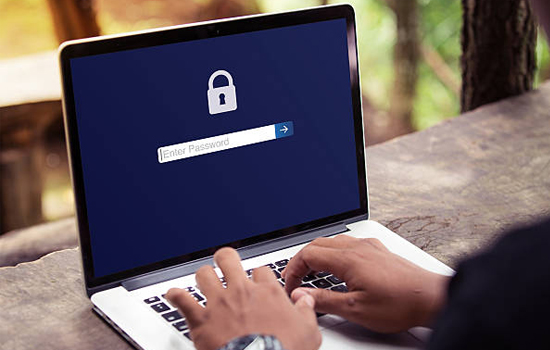Everyone is apprehensive about their Internet presence. They base their online security around freeware anti-virus packages. They wonder how spammers found their email address, there is the twinge in the stomach when they initiate an on-line purchase. They read in the media of cyber stalking, identity theft, they read of stolen credit card details, they watch a Sandra Bullock film where she is having her life systematically taken apart by cyber thugs.
They wonder just how much of their personal information is out there. But it is also an individual thing. Some people are paranoid about keeping their personal information private, to some, it’s not a big deal unless it involves online payments.
Lately concerns about online security have morphed into concerns about online privacy as information emerges about how we are tracked as we interact with the Internet. Simply put, every website you visit, every advert you click, every blog you post to, every online purchase you make is recorded in the name of being able to tailor the adverts you see to your personal preferences. Many have a deep suspicion that there is a more sinister game afoot here.
As is often the case though, the whole furore around online privacy is a mixture of misinformation, disinformation, technology stuff-ups and self-interest, with a grain of truth at the centre.
If one excludes the shock and horror of criminal activity, the usual culprits receiving the brickbats are tracking companies like DoubleClick. They are an advertising organisation that tracks users as they move around internet websites, recording the sites they visit and purchases they make. NBC reported that DoubleClick were successfully sued to prevent them from matching a mass mailing marketing list with their anonymous Internet user database, thereby exposing the user’s identities.
They are far from the only culprits threatening online security and online privacy safeguards. Check out the rewording of many “we won’t provide your personal details” guarantees on websites to “we reserve the right to provide your personal details”. That is an example of how standards are being eroded and why the volume of spam email you receive has substantially increased.
Anyway, having said all that, what simple things can you do to increase your online security and improve the protection given to your online identity. Here are some suggestions:
Setup your desktop security environment

This is an absolute no-brainer. Install industrial strength anti-malware software that provides protection from email and web-based threats. Freeware is fine, but you are better off paying for the full version of the software to receive the benefit of all the protection features offered.
Make sure you set up an auto-update regime for the software itself and the data it uses to identify viruses, suspect websites and other nasties.
Be very careful with your passwords

Passwords must be regularly changed, and be made up of combinations of lower and uppercase letters, numbers and special characters. They should also be quite long, a minimum of eight characters. Freeware password generators are available to ease the pain of making them up.
There are password vaults in which you can keep copies of logon credentials and passwords. Use one and you only have one password to remember. Don’t write it on a sticky and attach it to your screen.
Steer Clear of Dodgy Websites

Websites are the usual source of most problems. Beware of them if they look at all suspect. Go with your gut feel. Prefer websites with the https:// security prefix. You can recognise them by the locked padlock in the address bar near the top of the screen.
Some malware protection programs use deny lists to prevent you going to unsafe sites, and the https:// security prefix will recognise if a site has been hijacked or the site certificate is otherwise compromised.
Online Security is particularly important in the case of online shopping. Most reputable sites use accredited third-party payment portals like Thawte or a bank-linked payment vehicle. If you are unsure of the payment method, don’t use it.
Finally, many websites ask you to subscribe to their newsletter or to receive information from them in the future. Your name, email address and any other information you provide will be retained, added to a mailing list and may be sold to other organisations.
The debate over online privacy will continue and Internet users need to continue to be careful out there. However, it is useful to keep things in perspective. There is far more information available about credit card users than there is about Internet users. The big issue about online security is not about the information itself, it is about the way in which it is being collected, the uses to which it is being put and the ability of the digital world to collect and correlate it with much greater speed and efficiency.


